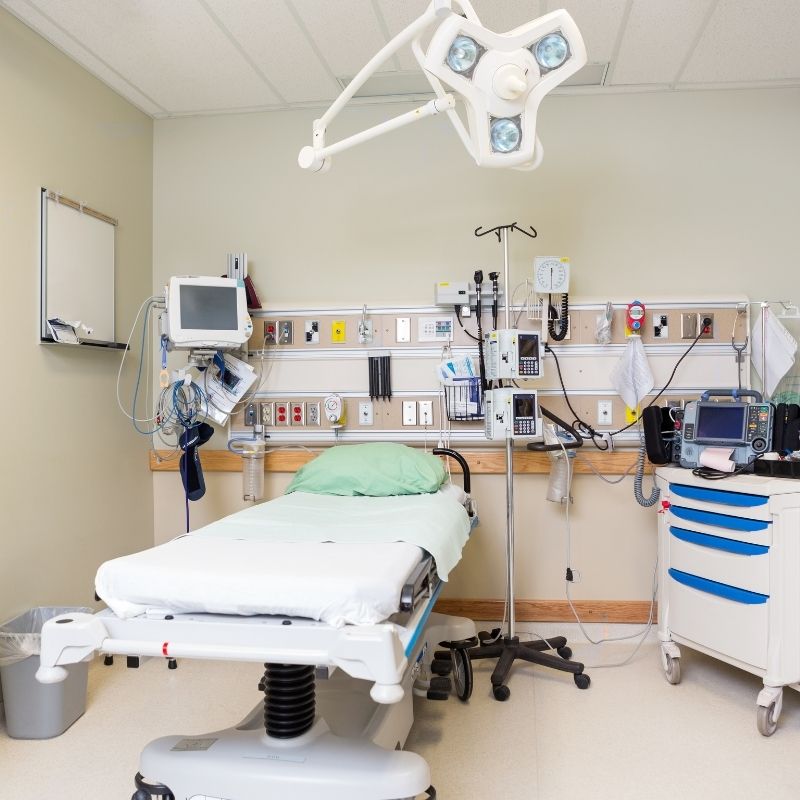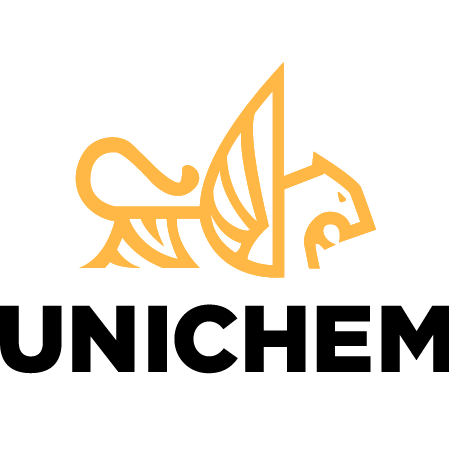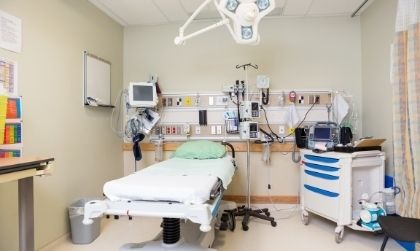Antimicrobial surface coatings include antimicrobial chemistries that hinder the growth of harmful microbes and pathogens. This chemistry, applied to a surface, prevents the growth of disease causing germs such as bacteria, viruses, mold and mildew. Living bacterial microbes can be killed with an antibacterial agent, while a virus is a non living pathogen, thus it cannot be killed but inactivating it renders it harmless.
include antimicrobial chemistries that hinder the growth of harmful microbes and pathogens. This chemistry, applied to a surface, prevents the growth of disease causing germs such as bacteria, viruses, mold and mildew. Living bacterial microbes can be killed with an antibacterial agent, while a virus is a non living pathogen, thus it cannot be killed but inactivating it renders it harmless.
Viruses have a negatively charged exterior that can be destroyed by chemicals and solvents, UV radiation, heat, metallic ion interference and extreme positive charges. Most solvents like soaps and alcohol destroy viruses by breaking the exterior protein, which means the virus cannot replicate and or attach to cells and alter the human RNA.
There is an increased need for antimicrobial surface coatings and healthcare settings as well as public places like airports, airplanes, libraries, schools and a host of commercial and industrial environments.
Healthcare Acquired Infections in Hospitals
Healthcare acquired infections (HAIs) in hospitals are a real problem in the United States and worldwide. It is estimated by the Centers for Disease Control and Prevention, CDC, that approximately one in 31 hospital patients in the US will contract on HAI on any given day. It is not always possible to disinfect surfaces regularly with the use of strong chemicals to prevent the growth of harmful microbes. Even hospitals that utilize the best manual cleaning practices or a combination with UV disinfection will have exposed surfaces that do not always get sterilized in between patients.
There has been a significant increase in the demand of antimicrobial agents for the North American market in light of current events. Healthcare facilities worldwide are taking significant steps to improve disinfection and sterilization which includes the utilization of antimicrobial surfaces.
UniCLER by UNICHEM for Superior Anti-Microbial Technology
UNICHEM is a technology leader in custom chemical coatings, paints and industrial adhesives, offering uniCLER antimicrobial coating technology for built-in protection from harmful germs growing on our work surfaces and point of hand contact. uniCLER functionality can be incorporated into many coatings and paints to reduce the spread of these harmful microbes in a wide range of commercial, industrial and healthcare environments.
UNICHEM offers a portfolio of antimicrobial chemistries and technologies developed to meet specific surface conditions and material properties. We consider regulatory compliance and desired efficacy for maximum antibacterial solutions. Contact us to learn more about our capabilities including antimicrobial surface coating technology.


